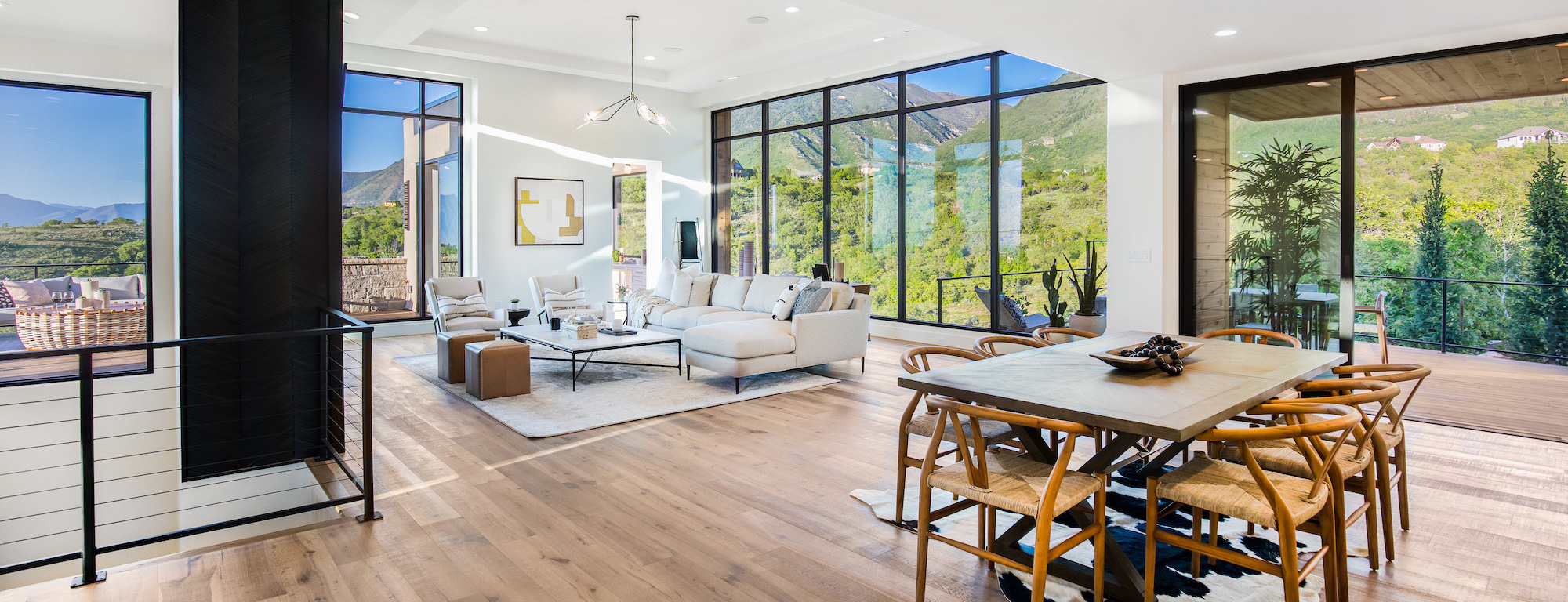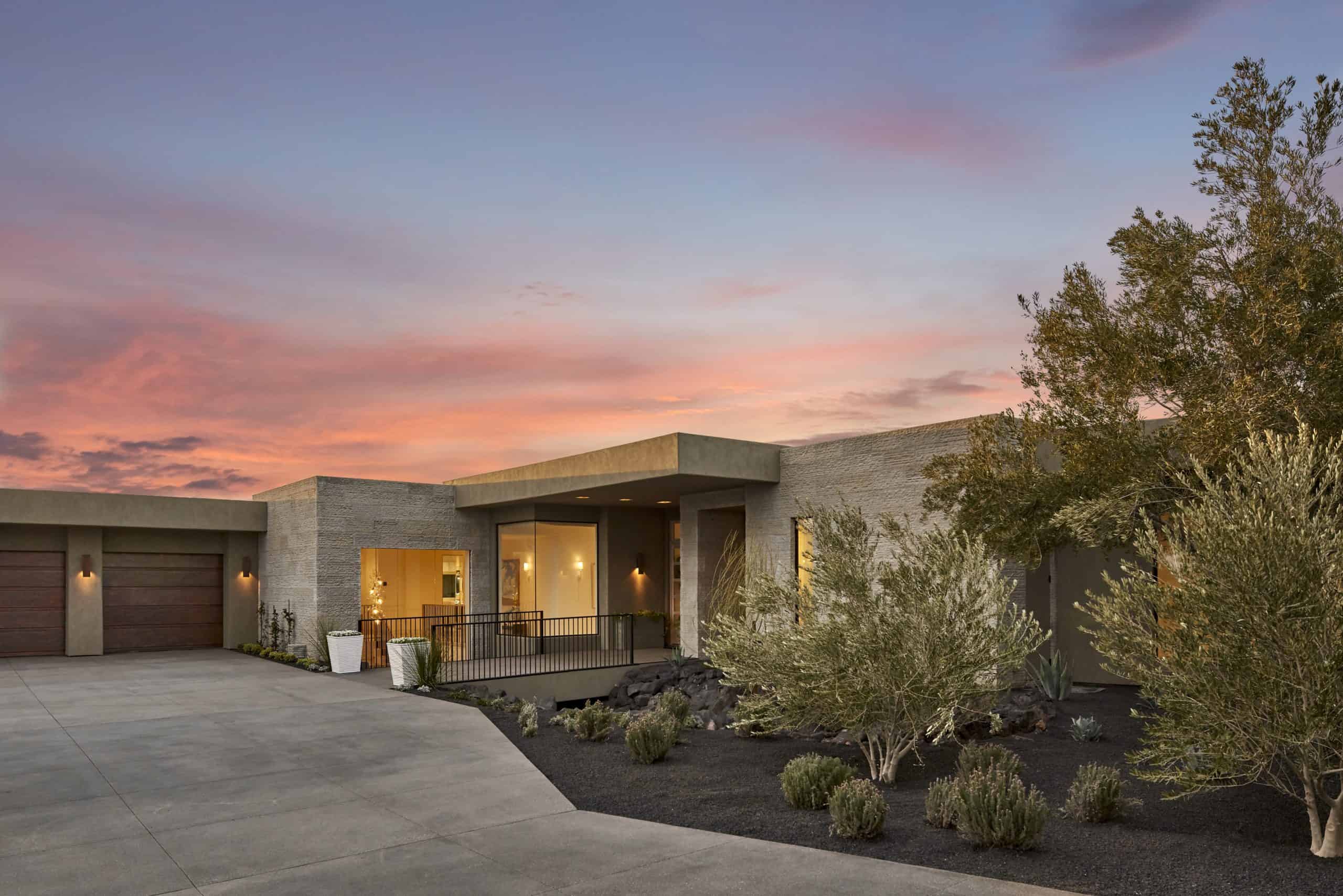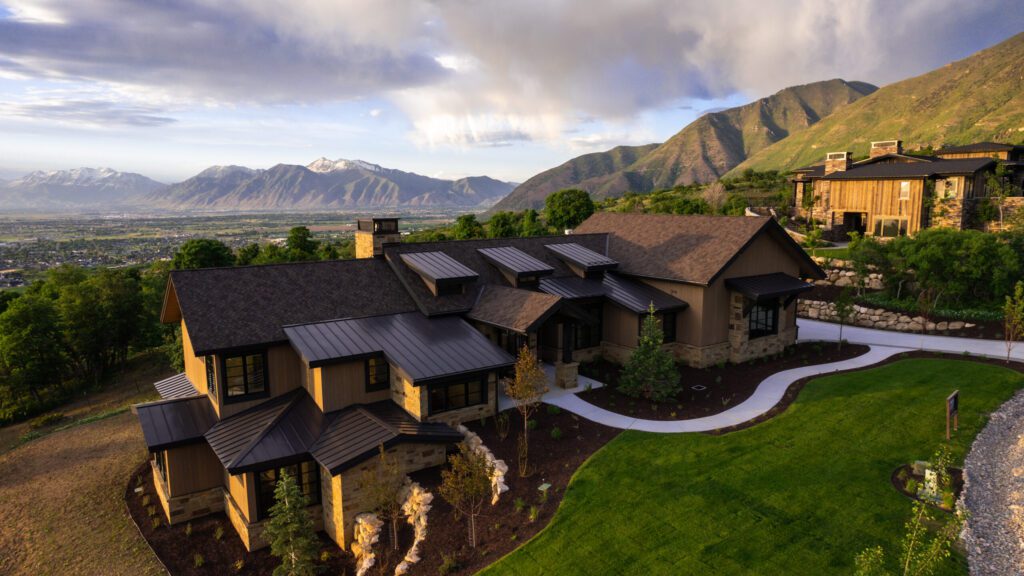
Sustainable Building Materials: The “Next Level” in Construction
Building a custom home is a dream for many, but doing it with sustainable building materials takes that dream to the next level. Imagine living in a house that’s not only beautiful and unique but also kind to the planet. Today, we’re diving into ten sustainable materials that can transform your custom home into an eco-paradise. Whether you’re starting from scratch or looking to upgrade, these materials offer a blend of aesthetics, durability, and environmental responsibility.
Reclaimed Wood: History Meets Modernity

What Is Reclaimed Wood?
Reclaimed wood is lumber that has been repurposed from old buildings, barns, or other structures. Because of it’s age, This material has a story to tell, often showing the marks of time in its weathered appearance.
Benefits of Reclaimed Wood As A Building Material
Using reclaimed wood reduces the need for new lumber, preserving forests and reducing carbon emissions. In addition, it’s incredibly durable and adds a unique, rustic charm that new wood often lacks.
How to Use Reclaimed Wood

In our own homes, we use reclaimed wood for living room beams and siding. Not only do they look stunning, but they also spark great conversations. Reclaimed wood can also be used for flooring, accent walls, furniture, and more. Its versatility makes it a top choice for sustainable building.
Bamboo: The Rapid Renewable Resource

Why Bamboo?
Bamboo grows incredibly fast—up to 35 inches per day! This makes it a highly renewable resource, perfect for sustainable construction.
Benefits of Bamboo
Bamboo is strong, flexible, and naturally resistant to pests. It has a lower environmental impact compared to traditional hardwoods because it regenerates quickly.
Bamboo in Your Home
We’ve opted for bamboo flooring in our kitchens, and it’s both beautiful and durable. Bamboo can be used for flooring, cabinetry, and even as a decorative element in your custom home.
Recycled Steel: Strength with a Green Edge
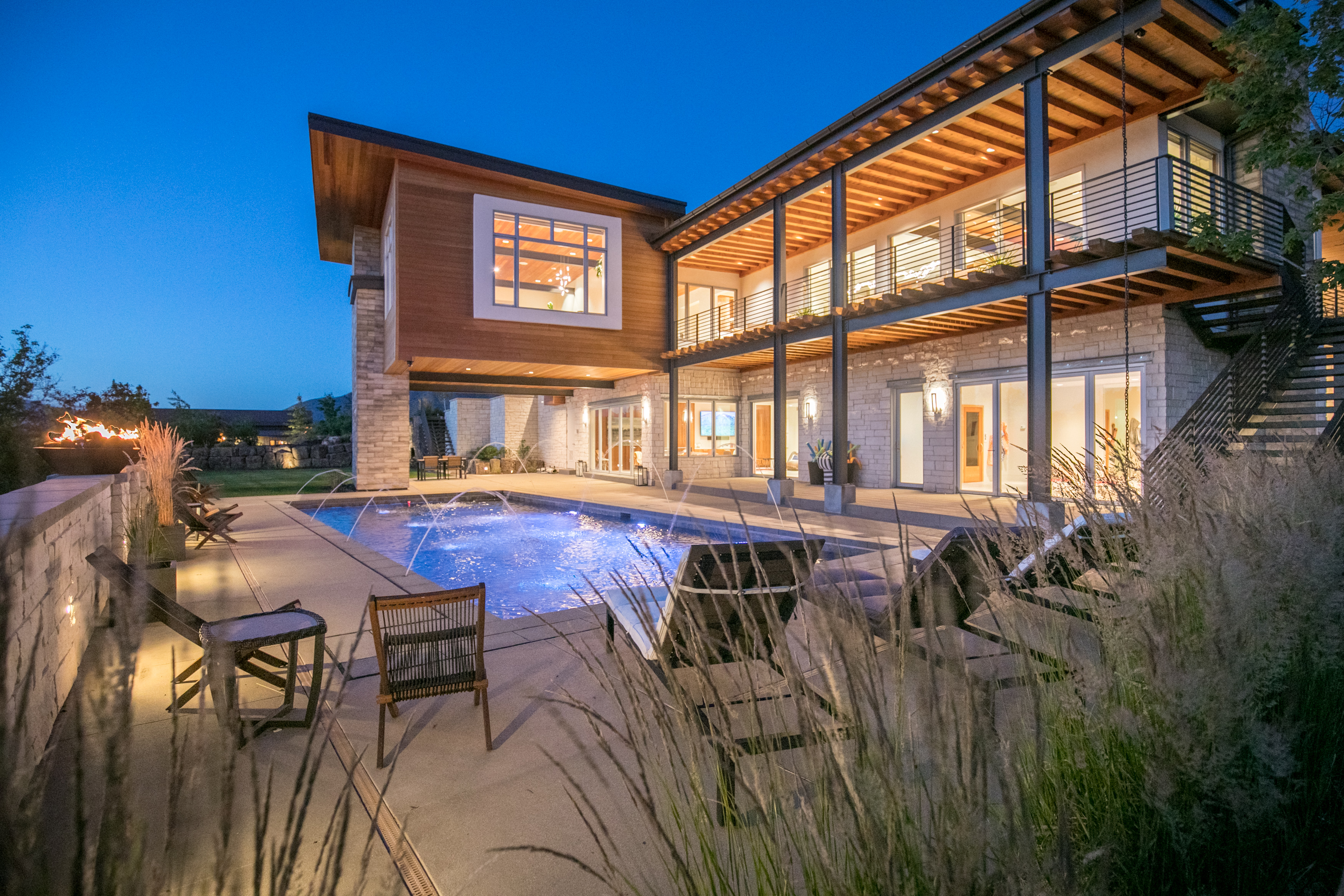
Understanding Recycled Steel
Recycled steel is made from scrap steel, which is melted down and reformed. This process uses significantly less energy than producing new steel. In 2019, recycled steel accounted for 600 million tons of steel produced!
Benefits of Recycled Steel
It’s incredibly strong, durable, and resistant to the elements. Also, using recycled steel reduces the amount of waste in landfills and decreases the need for mining.
Practical Uses for Recycled Steel
Consider recycled steel for structural beams, roofing, and framing. Especially if you want a modern, industrial look, or if you are including floor to ceiling windows in your home.
Cork: Comfortable and Eco-Friendly
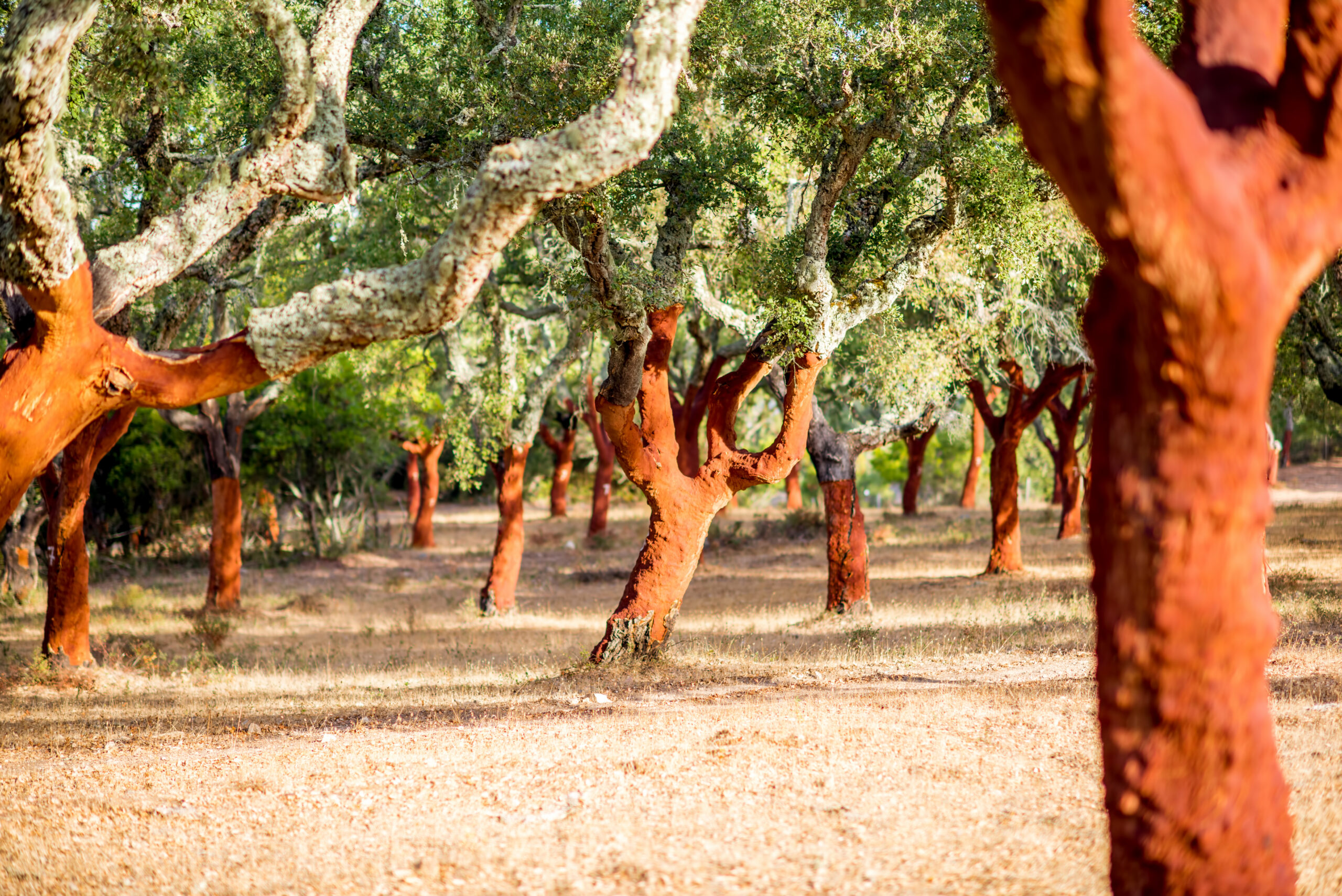
What Makes Cork Sustainable?
Cork is harvested from the bark of cork oak trees, which can be done without harming the tree. Because it regrows so quickly, it’s an excellent sustainable building material.
Benefits of Cork
Cork is naturally insulating, hypoallergenic, and comfortable underfoot. It also absorbs sound, making it perfect for reducing noise in your home.
Cork in Action
We installed cork flooring in our home office, and the difference is amazing. We’ve specifically noticed how soft, warm, and quiet it is. But Cork is not limited to flooring. It can also be used for wall coverings and as a sustainable insulation material.
Recycled Glass: Beauty from Waste
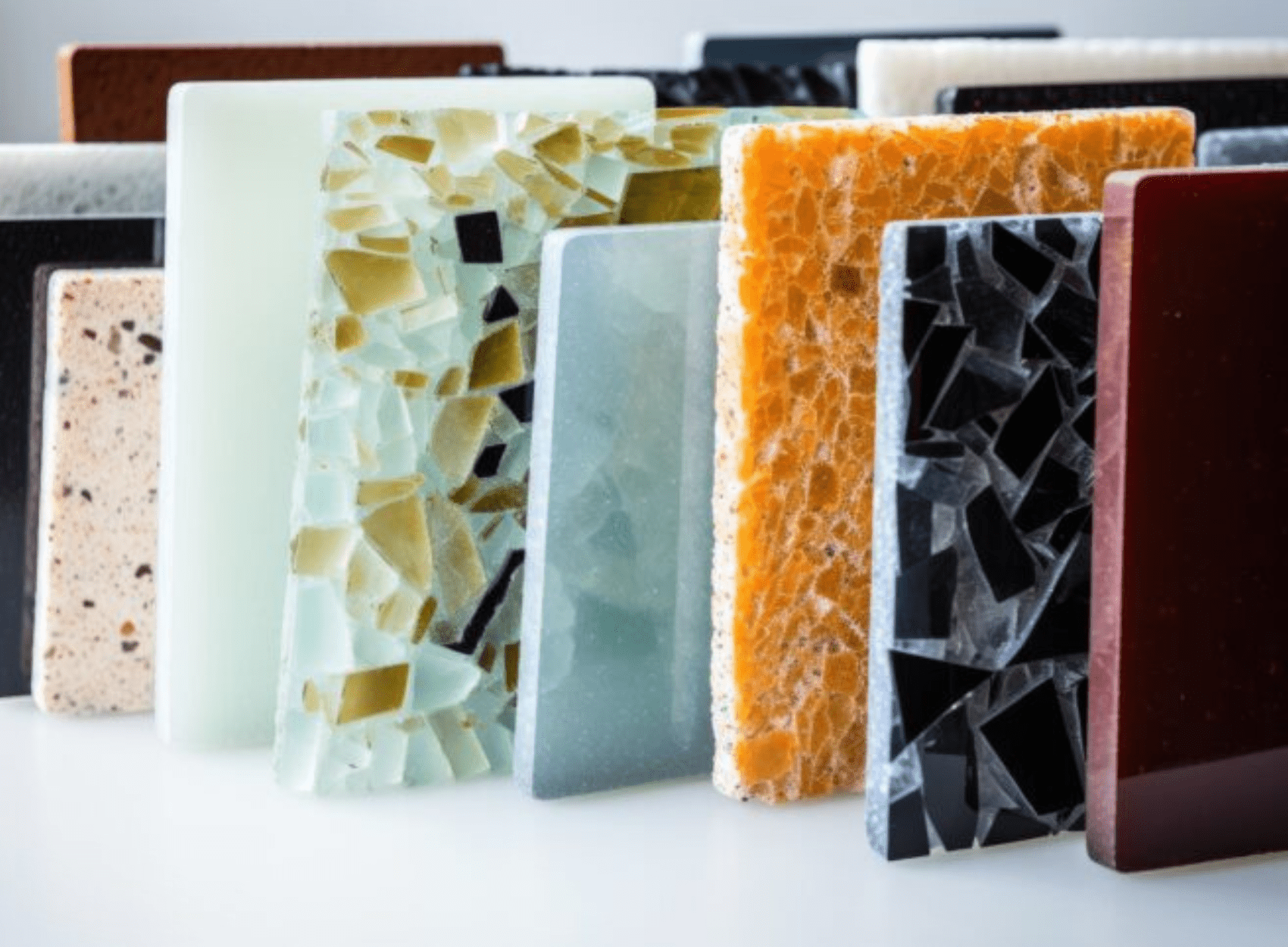
The Magic of Recycled Glass
Recycled glass is made from post-consumer glass that is melted and reformed into new products. It’s available in a variety of colors and styles.
Benefits of Recycled Glass
Using recycled glass reduces the amount of glass waste in landfills and the demand for raw materials. It’s also durable, easy to clean, and visually stunning.
Creative Uses for Recycled Glass
In our bathrooms, we’ve installed recycled glass countertops. Not only does it look gorgeous, it also adds a touch of elegance. Additionally, recycled glass is perfect for countertops, tiles, and decorative accents.
Low-VOC Paints: Sustainable & Safe

What Are VOCs?
VOCs, or volatile organic compounds, are chemicals found in many traditional paints that can release harmful fumes.
Benefits of Low-VOC Paints
Low-VOC paints come in a wide range of colors and finishes, improve indoor air quality, and are better for the environment.
Painting with Low-VOC Paints
When we repainted our living room, we chose low-VOC paint and noticed the difference immediately—no harsh fumes! Use low-VOC paints for all your painting projects to create a healthier home environment.
Rammed Earth: Building with Nature
What Is Rammed Earth?
Rammed earth is a construction method that uses natural raw materials like earth, chalk, lime, or gravel. When combined together these materials are compacted to create solid walls.
Benefits of Rammed Earth
It offers excellent thermal mass, keeping homes cool in the summer and warm in the winter. It’s also extremely durable and has a minimal environmental impact.
Incorporating Rammed Earth
Because rammed earth walls add a unique aesthetic, they are great for creating a natural, rustic look. This look can be applied to exterior walls, accent walls, and even garden structures.
Sheep’s Wool Insulation: Nature’s Sustainable Insulator

The Natural Insulation Solution
Sheep’s wool is a natural insulator that regulates temperature and humidity, making it an excellent choice for eco-friendly homes. Specifically, the US department of energy gives sheep’s wool insulation an R-13 to R-19 value, which sufficient for cold climates.
Benefits of Sheep’s Wool Insulation
It’s biodegradable, renewable, and offers excellent thermal and acoustic insulation properties. It’s also fire-resistant and can absorb harmful chemicals from the air.
Using Sheep’s Wool Insulation
Sheep’s wool insulation in walls, attics, and floors make a home significantly more comfortable all year-round.
Recycled Plastic: From Waste to Wonder
The Transformation of Recycled Plastic
Recycled plastic is repurposed from waste plastic materials and turned into building materials that are both durable and sustainable.
Benefits of Recycled Plastic
It helps reduce the amount of plastic waste in landfills and oceans. Recycled plastic is also resistant to weather, rot, and insects.
Practical Applications
Recycled plastic is useful for decking as it is low maintenance and looks great. You can also use it for decking, fencing, and outdoor furniture.
Straw Bales: Insulating and Sustainable
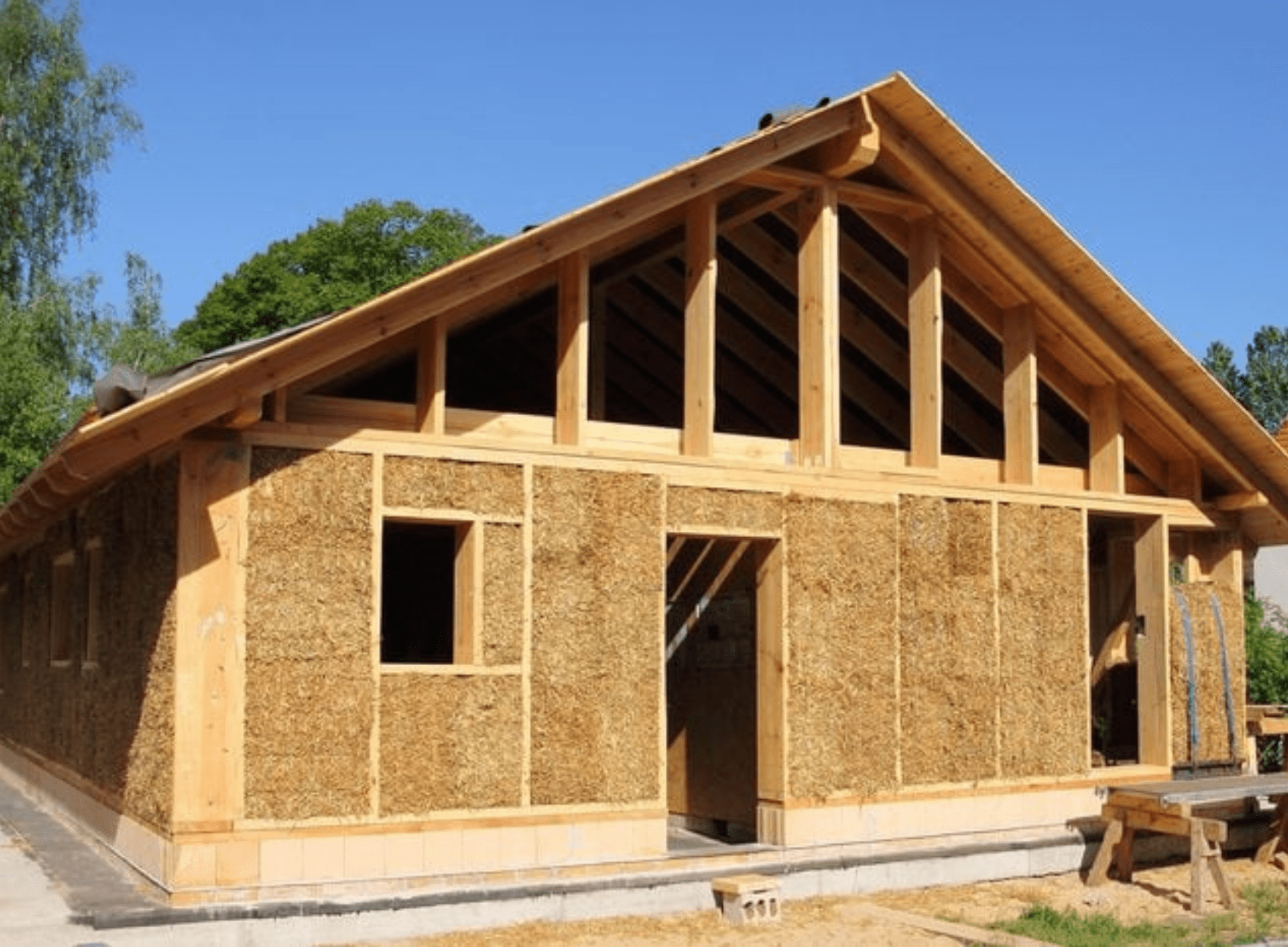
The Versatility of Straw Bales
Straw bales are a renewable resource made from the stalks of grains like wheat, rice, and barley. They’re also an excellent insulator and have been used for hundreds, if not thousands of years.
Benefits of Straw Bale Construction
Straw bales offer high insulation value, are inexpensive, and reduce the need for conventional building materials. They are also biodegradable and add a rustic charm to homes.
Building with Straw Bales
Incorporate straw bales in wall construction for an eco-friendly, energy-efficient home as a perfect way to create a creating a cozy, natural aesthetic with sustainable building materials.
Conclusion: Imagine Your Home With Sustainable Building Materials

Building a custom home with sustainable materials is not just a trend; it’s a commitment to a healthier, more eco-friendly lifestyle. Moreover, by choosing materials like reclaimed wood, bamboo, recycled steel, and others, you’re investing in a home that’s beautiful, durable, and kind to the planet.
Each of these materials offers unique benefits and can be tailored to fit your design preferences and environmental goals. Whether you’re starting a new build or renovating, these sustainable options can transform your home into an eco-paradise.
Call to Action
Are you ready to make your dream home a reality? Contact us today to learn more about integrating sustainable materials into your custom home project. Together, we can build a future we can all be proud of, one beautiful home at a time.



